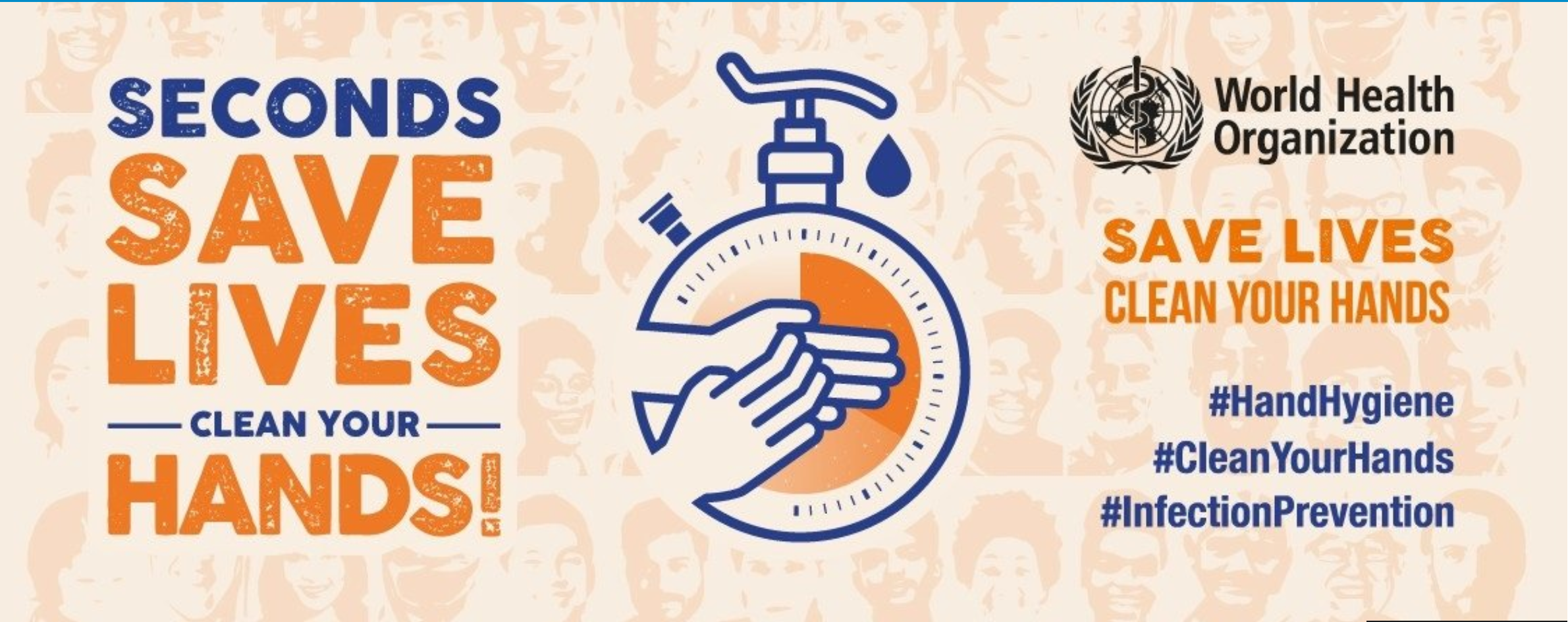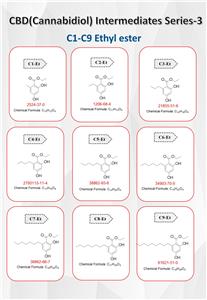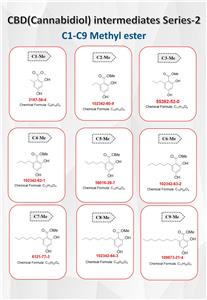WHO calls for better hand hygiene and other infection control practices
 WHO’s latest global survey on implementation of national infection prevention and control programmes highlights the urgent need to reduce inequalities in the availability of good hand hygiene and other infection prevention and control measures between high and lower income countries. A new WHO online monitoring portal will help countries identify and address gaps.
WHO’s latest global survey on implementation of national infection prevention and control programmes highlights the urgent need to reduce inequalities in the availability of good hand hygiene and other infection prevention and control measures between high and lower income countries. A new WHO online monitoring portal will help countries identify and address gaps.
This is a serious challenge at any time, but COVID-19 has dramatically demonstrated just how important good hand hygiene practices are in reducing the risk of transmission, when used as part of a comprehensive package of preventative measures.
Good hand hygiene is also vital in preventing any infections acquired in health care, the spread of antimicrobial resistance and other emerging health threats. Infection acquired during health care delivery is a major global health problem, but patients in low- and middle-income countries are twice as likely to experience this as patients in high-income countries (15% and 7% of patients respectively); the risk in intensive care units (ICU), especially among newborns, is between 2 and 20 times higher. One reason for this is that in some low-income countries only 1 in 10 health workers practices proper hand hygiene while caring for patients at high risk of health care-associated infections in ICU - often because they simply do not have the facilities to do so.
Key challenges
Lack of financial resources and crumbling infrastructures are key challenges. The 2020 WHO Global progress report on WASH in health care facilities: Fundamentals first report reveals that globally, 1 in 4 health care facilities do not have basic water services and 1 in 3 lack hand hygiene supplies at the point of care.
Furthermore, according to the above-mentioned WHO national survey on 88 countries, the level of progress of hand hygiene and infection prevention and control programmes, especially regarding actual implementation, was significantly lower in low- than in middle- and high-income countries. In 2018 only 45% of low-income countries had a functional national IPC programme compared to 53-71% of middle and high-income countries and dedicated budget to support it was available in only 5% of low-income countries as opposed to 18 and 50% of middle and high-income countries.
While national guidelines on IPC practices existed in 50% of low-income countries and 69-77% of middle and high-income countries, only 20% and 29-57% had implementation plans and strategies in low, and middle and high-income countries respectively. Overall, only 22% of all countries monitored implementation roll-out and impact.
Few countries have the capacity to monitor IPC effectively. WHO‘s first ever IPC monitoring portal is a protected online platform for countries to collect data in a standardized and user-friendly manner and download their situation analysis following data entry along with advice on areas and approaches for improvement.
Notes for editors
Healthcare acquired infections affect millions of patients and health workers worldwide every year. Almost 9 million are recorded every year in Europe alone.
Half these infections can be avoided by implementing effective IPC practices and programmes, including hand hygiene improvement strategies. Such strategies can also prevent 3 out of 4 the AMR-related deaths that occur in health care facilities (1).
Investing in effective IPC strategies can also yield significant financial returns. Implementation of hand hygiene policies can generate economic savings averaging 16 times the cost of their implementation.
However, countries and facilities around the world do not have equal opportunities to put in place the appropriate systems and the right practices to avoid suffering from these infections.
Hand Hygiene Day
Hand Hygiene Day, 5 May is more important than ever, to help sustain the promotion of this basic but critical action.
This action, that takes just a few seconds, does save lives! WHO calls upon all key players around this slogan Seconds save lives – clean your hands!
WHO has also declared 2021 the “Year of the Health and Care Worker”. In order to protect these vital workers, evidence has shown that appropriate hand hygiene practices reduce infections during care delivery. So, engaging different health professionals, as well as patients and everyone in the society in the World Hand Hygiene Day 2021 is critical also to supporting the “Year of Health and Care Workers”.
Health care workers’ compliance with hand hygiene practices is one of the key performance indicators for IPC, patient safety and quality of health services worldwide. The new monitoring portal can play an important part in improving this.




